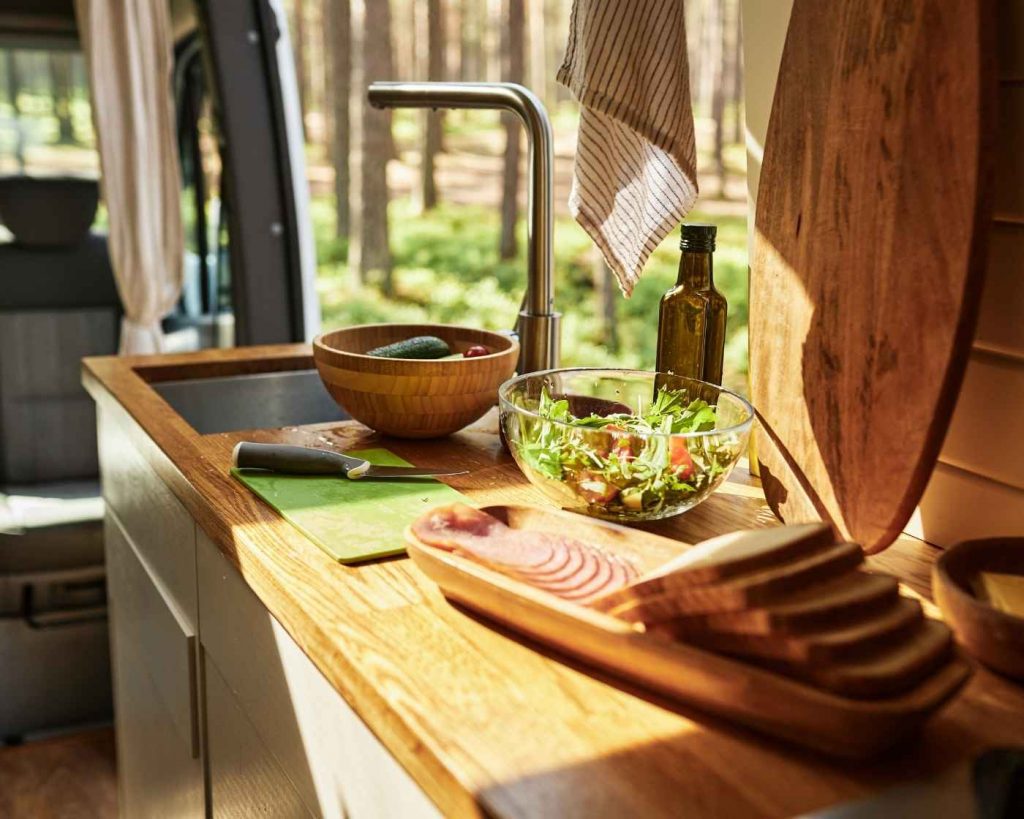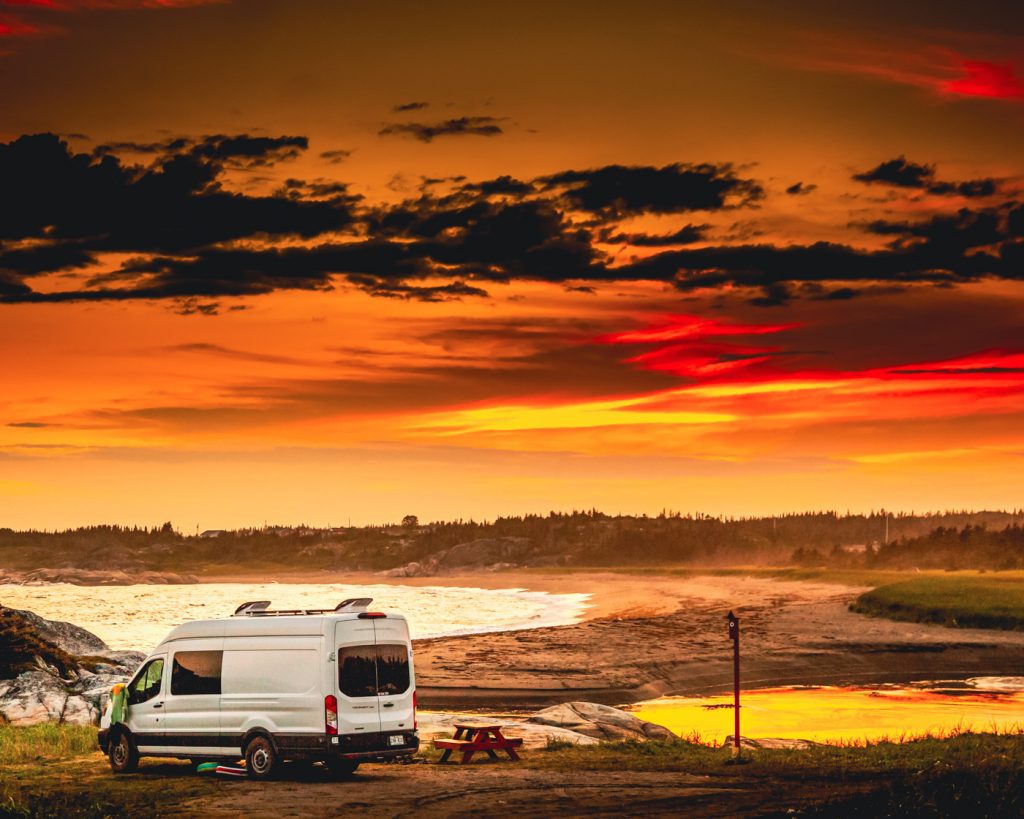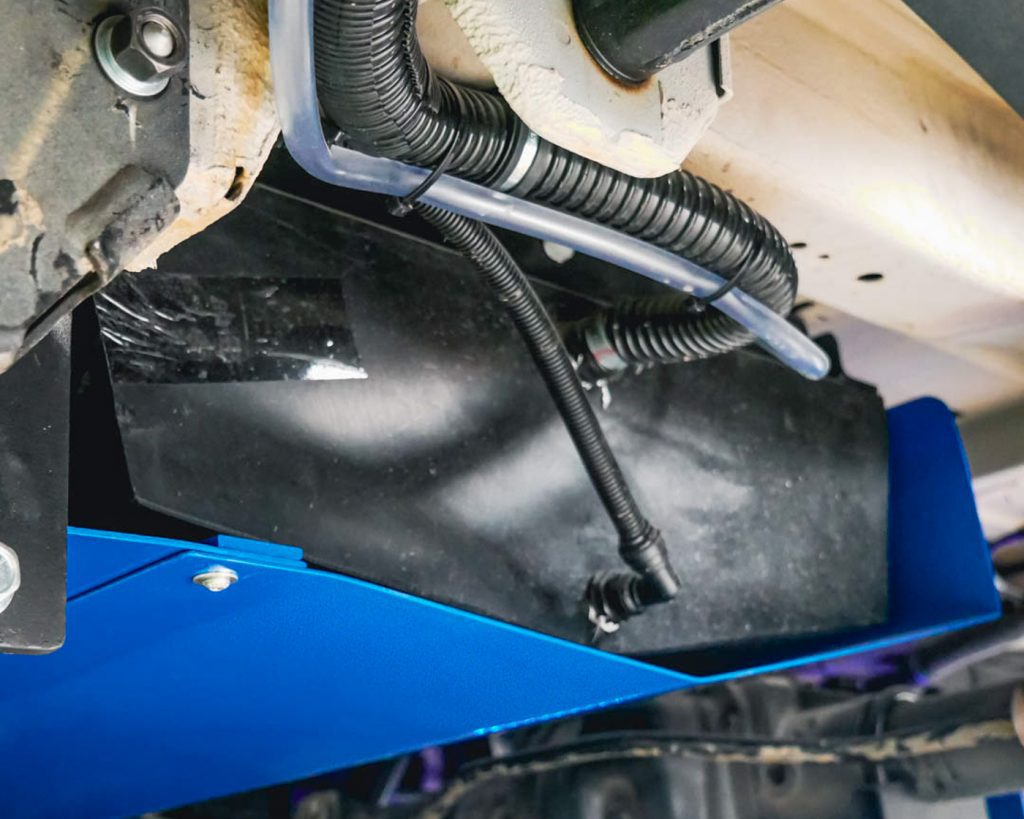Whether you plan on travelling through Australia’s Outback or staying at coastal campsites, having a reliable water heating system in your motorhome or caravan is crucial for comfort on the road. Selecting and maintaining the right system can significantly enhance your travel experience in terms of comfort and efficiency. This guide will explore the options for diesel, gas, and electric water heating systems, provide maintenance tips, and discuss whether these systems can also serve as heaters for your living space.
Key Differences Between Diesel, Gas, and Electric Water Heating Systems
Each type of water heating system has advantages and challenges. Here’s a quick comparison to help you determine which one is right for your rig.
1. Diesel Water Heating Systems
- How It Works: Diesel systems generate heat by burning diesel fuel.
- Efficiency: Diesel hot water systems are excellent for travellers planning long trips or remote adventures because they are known for their high energy efficiency.
- Pros:
- Reliable in extreme conditions.
- Can draw from the vehicle’s diesel supply, so no need for extra gas storage.
- Can often heat water AND provide hot air for space heating.
- Cons:
- More expensive upfront compared to gas systems.
- Requires a skilled hand for proper installation and maintenance.
2. Gas Water Heaters
- How It Works: Utilises LPG bottles to fire up a burner and heat the water.
- Efficiency: Gas systems are fast and highly effective, making them popular among Australian travellers.
- Pros:
- Cost-effective initial setup.
- Quick water heating, even off-grid.
- Cons:
- Requires regular swapping and carrying of gas bottles.
- May be less suitable for long trips without access to refills.
- Strict adherence to safety regulations required.
3. Electric Water Heating for Motorhomes
- How It Works: Powered by electricity from solar, batteries, or campsite hookups.
- Efficiency: Effective but depends on available electric power. Ideal for travellers who frequent sites with powered connections or have robust solar setups.
- Pros:
- No emissions, making it eco-friendly when powered by solar.
- Easy to install with fewer moving parts.
- Cons:
- Relies on a steady power supply, which could be limiting in remote areas.
- Slower heating compared to gas or diesel systems.
Understanding your travel style and destinations will help you select the water heater that aligns best with your needs.

Diesel System Maintenance Tips
Diesel systems are robust, but regular maintenance is key to ensuring they perform reliably for years. Here are the top tips for keeping your diesel hot water system in top condition.
1. Clean or Replace Fuel Filters Regularly
- Diesel systems rely on clean fuel to function efficiently. Blocked filters can restrict fuel flow, reducing performance or leading to system damage.
- Inspect your fuel filter frequently and replace it as recommended by the manufacturer.
2. Maintain Injectors
- Fuel injectors can become clogged over time, leading to inefficient combustion and lower heating effectiveness.
- Use high-quality diesel and consider occasional diesel injector cleaner products to keep the system running smoothly.
3. Avoid Poor Quality Diesel
- Low-grade or contaminated diesel can introduce debris into the system, causing long-term damage.
- Purchase fuel from reputable stations, especially when travelling in remote areas.
4. Monitor Prime Lines and Components
- Check all seals, prime lines, and connections for leaks or wear. Diesel systems rely on tight connections to maintain optimal performance.
5. Mind Australian Heat
- High temperatures can strain diesel systems. Periodically inspect hoses and seals for heat-related wear, especially during summer travels.
Pro Tip
Run your diesel heater periodically, even when not in regular use, to prevent internal clogging and ensure all components remain functional.
Gas System Safety Checks and Leak Detection
Gas water heaters can be convenient and efficient, but safety is paramount. Regular checks can help prevent leaks or accidents.
1. Inspect LPG Bottles and Valves
- Before each trip, check LPG cylinders for rust, dents, or damage. Ensure all connectors and valves are in good working order.
2. Test for Gas Leaks
- Mix water and dishwashing liquid to create a soapy solution. Apply it to connection points and hoses. If bubbles form, there’s a leak that needs immediate attention.
- Use a proper gas detector for added safety when inside the caravan.
3. Regular Servicing
- Schedule checks with a licensed gas technician to inspect burners, regulators, and lines for wear or damage. Many Australian states require compliance testing for gas systems.
4. Ensure Adequate Ventilation
- Gas water heaters generate fumes, so proper ventilation is essential. Make sure blocked vents and obstructions are cleared to prevent carbon monoxide buildup.
Pro Tip
Avoid storing spare LPG bottles inside the caravan to reduce fire risk. Instead, keep them in a vented storage compartment or external locker.

Electric Water Heating Systems and Their Pros and Cons
Electric water heaters offer a versatile option, especially when paired with renewable energy solutions like solar panels.
Pros of Electric Water Heating
- Eco-Friendly: Powered by clean energy sources, electric systems are an environmentally friendly solution.
- Low Maintenance: Fewer moving parts mean less upkeep compared to diesel or gas systems.
- Safe and Easy: No fuel storage or combustion risks.
Cons of Electric Water Heating
- Power Dependency: Requires sufficient battery capacity or access to shore power.
- Slower Heating: May take longer than gas or diesel systems to heat up, particularly in larger reservoirs.
Maintenance Tips for Electric Systems
- Frequently check the water heater’s connections and wiring, especially after bumpy travel.
- Test your batteries regularly to ensure they can handle the load required for consistent water heating.
- For solar setups, keep panels clean to optimise energy collection.
Can Diesel, Gas, and Electric Systems Double as Living Space Heaters?
If you’re looking for dual-purpose systems, here’s what you need to know about using water heaters as space heaters.
1. Diesel Systems
- Diesel systems often feature dual capabilities, providing both water heating and air heating to maintain a comfortable living space.
- Ideal for cold winters or high-altitude camping.
2. Gas Systems
- Generally, gas water heaters are not designed to double as space heaters, though standalone LPG-powered heaters are available for warming the interior on cold nights.
3. Electric Systems
- Most electric water heaters focus solely on water. However, if your rig uses an electric heating panel or underfloor heating, it could function well for warm interiors.
Pro Tip
For year-round comfort, consider a combination system where diesel or gas heating supplements electric systems during extreme conditions.
Final Thoughts
Choosing the right water heating system for your travel rig depends on your travel style, destinations, and energy resources. Diesel, gas, and electric systems each offer unique benefits and challenges, but proper maintenance is essential for reliable performance.
With the added flexibility of some systems doubling as space heaters, you can stay warm and comfortable wherever your adventure takes you. Focus on safety, longevity, and efficiency to enjoy stress-free, comfortable travel across Australia. Happy travels!



